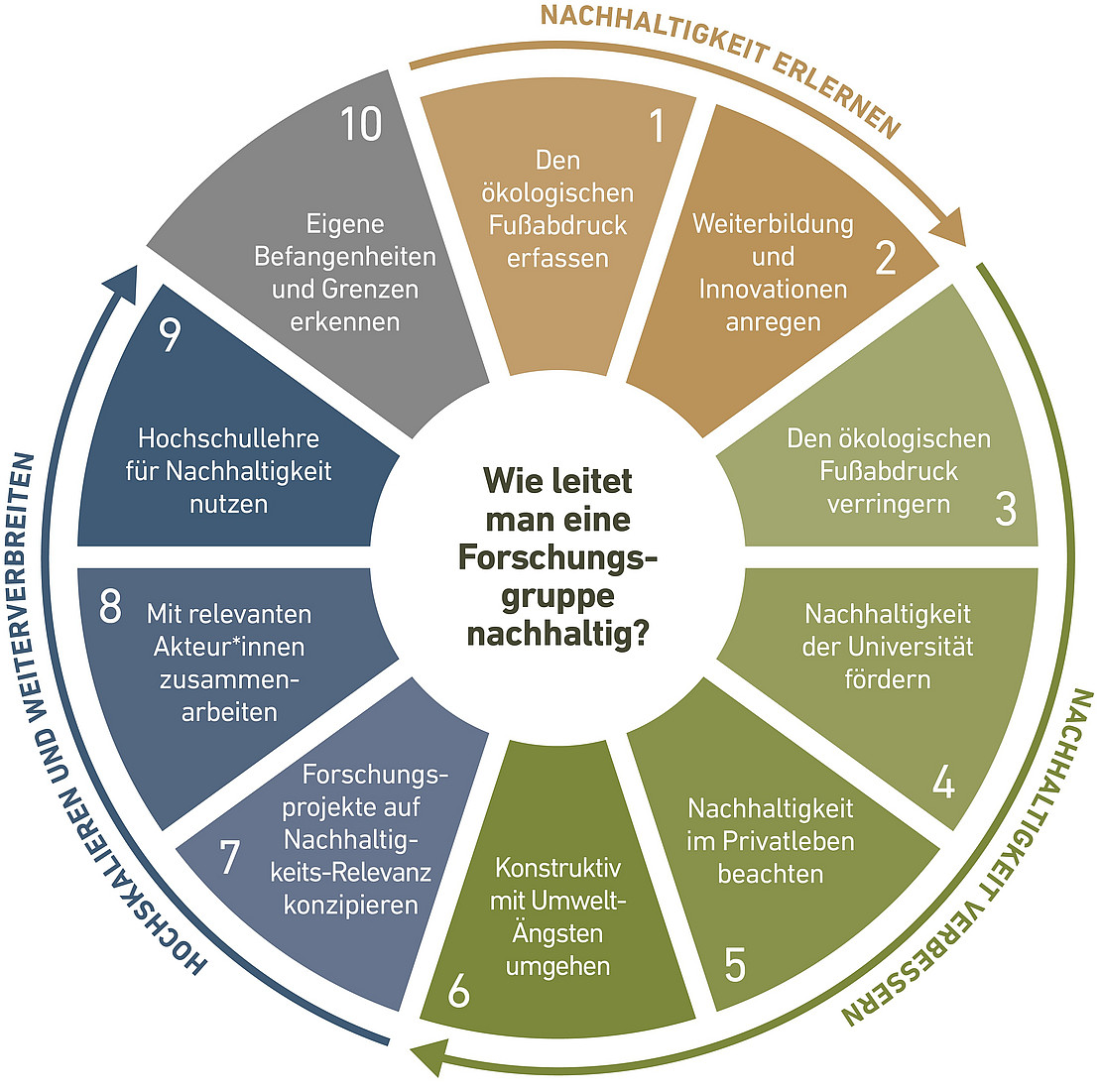This page contains automatically translated content.
Sustainability science: an end to double standards
 Image: Kassel University
Image: Kassel University"Sustainability science has not long been accepted as an independent scientific discipline," says Prof. Plieninger, who holds a joint professorship at the University of Kassel and the Georg August University of Göttingen. Over the past 20 years, this branch of research has experienced rapid growth worldwide, as evidenced by the increase in scientific journals, conferences, professorships and chairs, among other things.
"One of the most important goals of sustainability science is to propose solutions to global problems such as climate change," says Prof. Plieninger. At the same time, however, many colleagues face the dilemma that their own behavior in everyday life is not very sustainable - flights to conferences, food that is not produced sustainably, and institutional frameworks at universities and research institutes that are not geared toward sustainability, he says.
"This leads to discomfort and stress for quite a few scientists," summarizes Prof. Plieninger. Together with his colleagues Nora Fagerholm and Claudia Bieling, he has therefore written ten principles to highlight options for action for research groups. "In doing so, we want to provide food for thought for changing both one's own behavior and the institutional framework in the direction of sustainability," says Prof. Plieninger.
Suggestions include determining a research group's carbon footprint, directing private lifestyles toward greater sustainability, and engaging in dialogue with various stakeholders such as university administrators, policymakers, and the scientific community.
Prof. Plieninger: "The possibilities for action for individuals are often limited - but by focusing on research groups we want to show possibilities how sustainability strategies can be realized by a larger group of people."
Link to original paper in Sustainability Science (open access) https://doi.org/10.1007/s11625-020-00857-z
Contact:
Prof. Dr. Tobias Plieninger
Head of the Department of Social-Ecological Interactions in Agricultural Systems